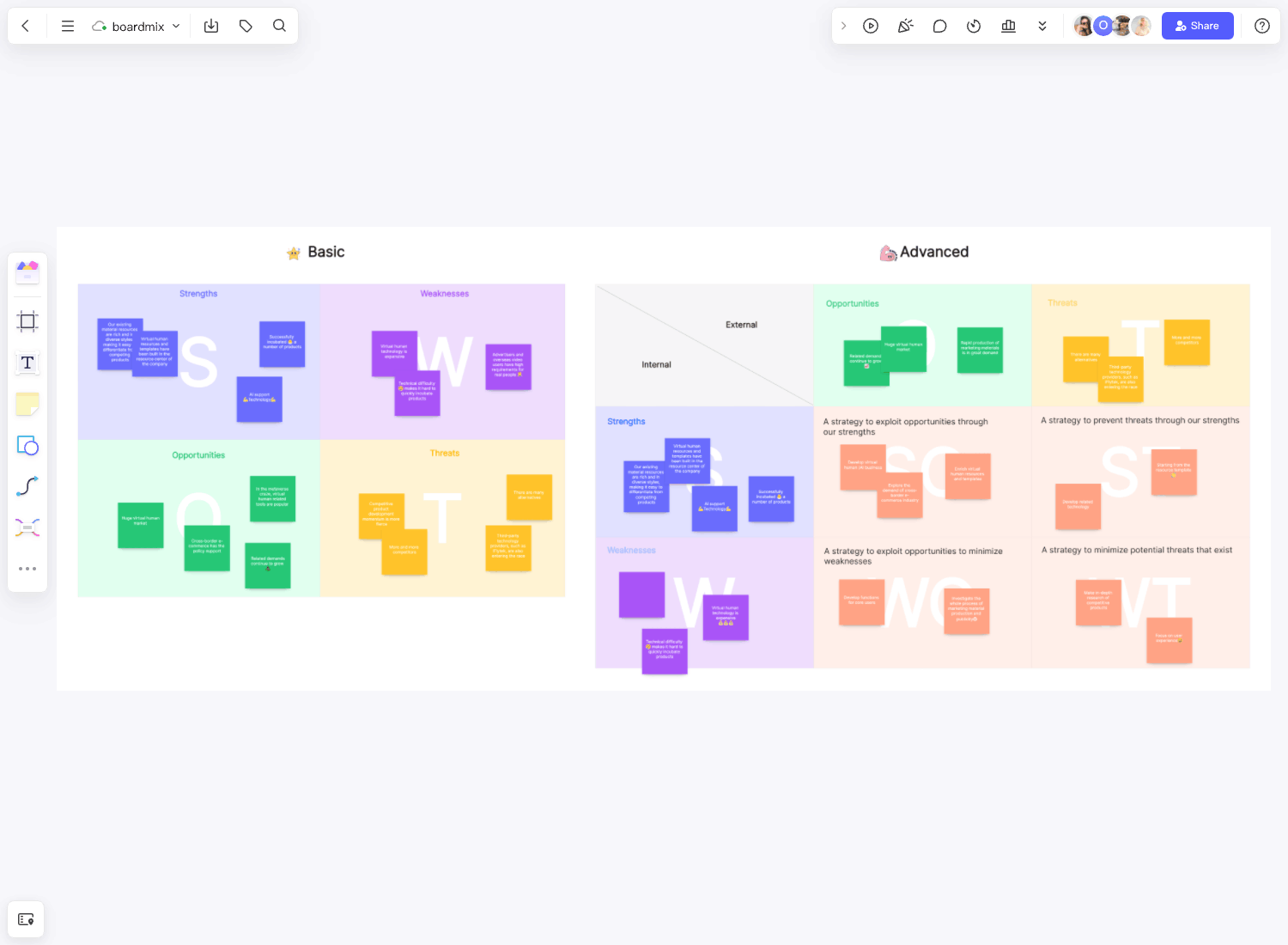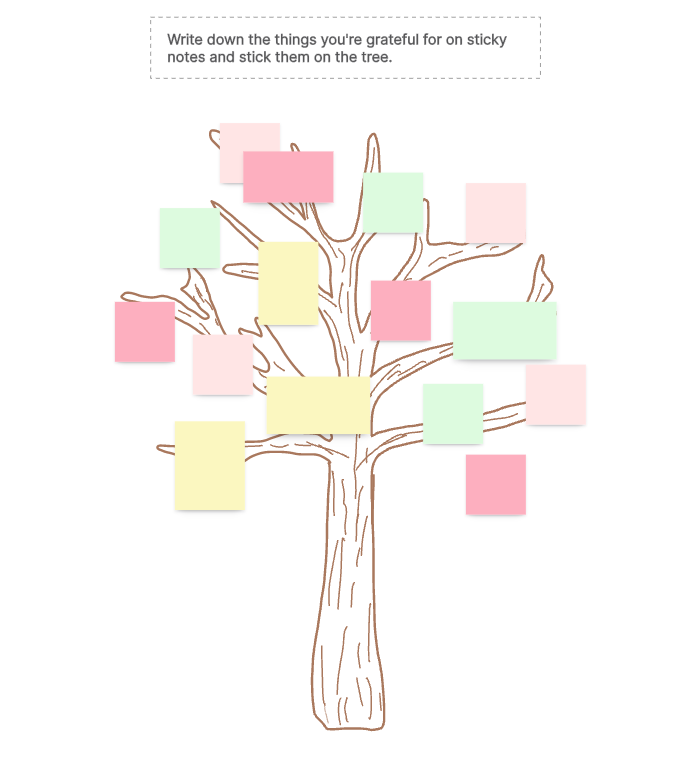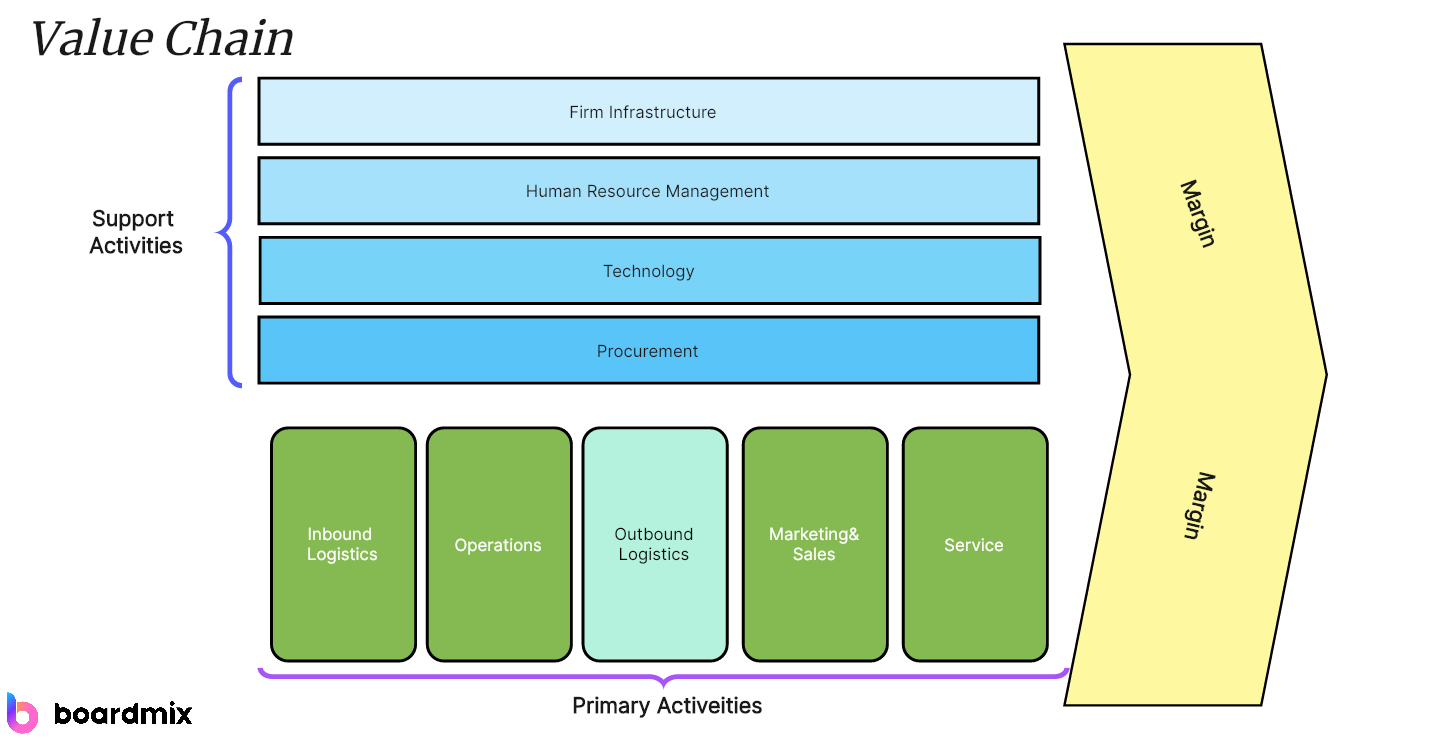In the dynamic world of business, effective project management is a critical success factor. It ensures that projects are delivered on time, within budget, and meet their predefined objectives. However, project management is not a one-size-fits-all solution. There are various types of project management methodologies designed to suit different kinds of projects and industries.
This article will delve into these different types of project management methodologies, providing you with a comprehensive understanding to help you choose the most suitable approach for your specific needs. From Agile to Waterfall, Lean to Scrum and Kanban - we'll explore each method in detail so you can navigate your way through the complexities of project management with ease and efficiency.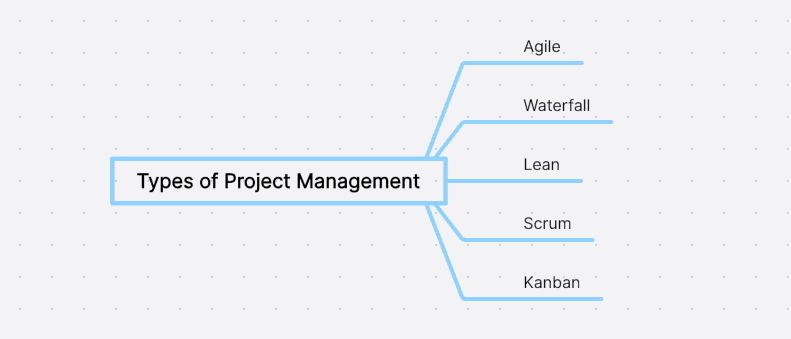
Understand Project Management
Project management is the practice of initiating, planning, executing, controlling, and closing a team's work to achieve specific goals within a specified time. It is an essential aspect of any business operation as it helps organizations predict potential challenges and devise solutions in advance. This proactive approach reduces wasted resources and increases productivity.
However, understanding project management isn't just about knowing its definition; it's about comprehending the different types of project management methodologies that exist. Each type has its unique characteristics and benefits that cater to various industries and projects.
In the following sections, we will delve deeper into these types of project management methodologies, providing you with a comprehensive guide to navigate your way through the complexities of managing projects effectively.
Different Types of Project Management
Project management is a diverse field with various methodologies, each designed to address specific needs and challenges. Here are some of the most common types of project management methodologies:
1. Agile
Agile project management is a dynamic and interactive methodology that prioritizes adaptability and customer satisfaction above all else. It emphasizes flexibility, allowing for changes in the project scope as it progresses.
The Agile methodology operates on the principle of iterative development, where the project is broken down into small manageable units known as 'sprints'. At the end of each sprint, teams review their work and adjust their plans for the next sprint based on what they've learned.
This approach allows teams to respond quickly to changes in customer requirements or market conditions without derailing the entire project plan.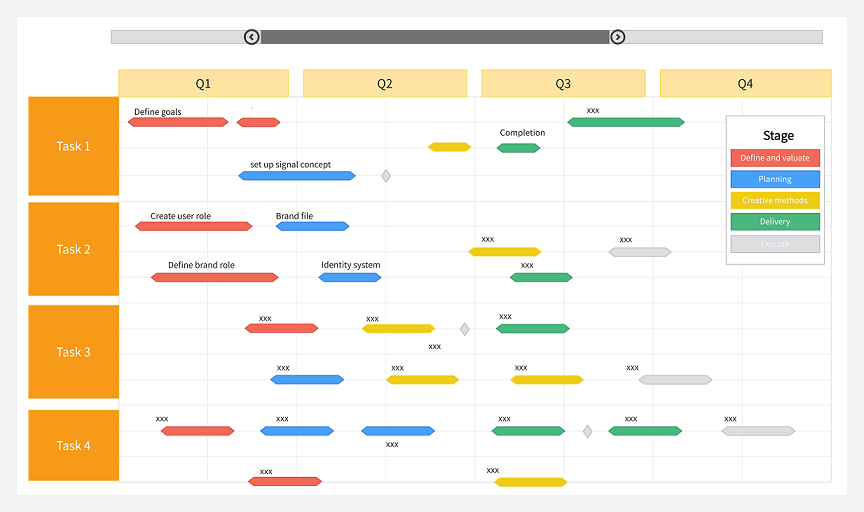
It suits:
Software Development: The iterative nature of Agile allows developers to release segments of software, gather feedback, and make improvements before the next release.
Marketing: Agile allows marketing teams to adapt their strategies quickly based on real-time feedback and data.
Product Development: Agile allows for rapid prototyping and user testing, ensuring that the final product meets customer needs effectively.
Event Planning: Agile project management enables event planners to adjust their plans as needed without disrupting the entire schedule.
Research & Development (R&D): Agile allows teams to test hypotheses and quickly adjust based on findings.
2. Waterfall
The Waterfall methodology is a type of project management that follows a linear, sequential approach. Each phase of the project must be fully completed before moving onto the next one, creating a cascading effect similar to a waterfall.
This methodology begins with an extensive planning stage where all project requirements are defined in detail. From there, the project moves through stages of design, implementation, testing and maintenance in a strict order. Each stage relies on information from the previous stage and feeds into the next one.
The Waterfall model's strength lies in its simplicity and structure. It provides clear objectives for each phase and allows for thorough documentation along the way.
However, this lack of flexibility can also be a drawback if unexpected changes or challenges arise during the project lifecycle.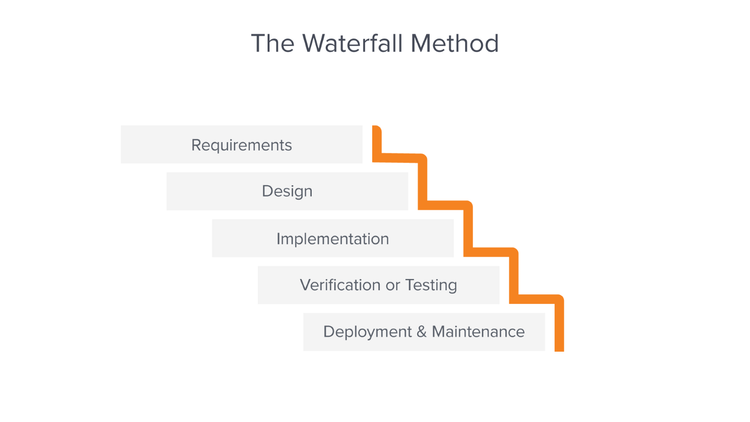
It suits:
Construction: In the construction industry, projects often follow a linear process (design, build, test), making Waterfall an ideal choice.
Manufacturing: Manufacturing processes often involve sequential stages of production, which aligns well with the Waterfall methodology.
Event Planning: Large-scale events with set schedules can benefit from the Waterfall method's structured approach.
Aerospace & Defense: These industries often deal with large-scale, high-stakes projects where deviation from the plan can lead to significant risks and costs.
3. Lean
Lean project management is a methodology that aims to maximize customer value while minimizing waste. It's all about creating more value with fewer resources, focusing on key processes to deliver the desired results faster and more efficiently.
At its core, Lean methodology seeks to improve efficiency by identifying and eliminating 'waste' - activities that consume resources but do not add value for the customer. This could be anything from unnecessary meetings to redundant approval processes or inefficient communication channels.
The Lean approach encourages continuous improvement, or 'Kaizen', where teams are always looking for ways to streamline their processes and reduce waste. This involves regular reviews of workflows, procedures, and performance metrics.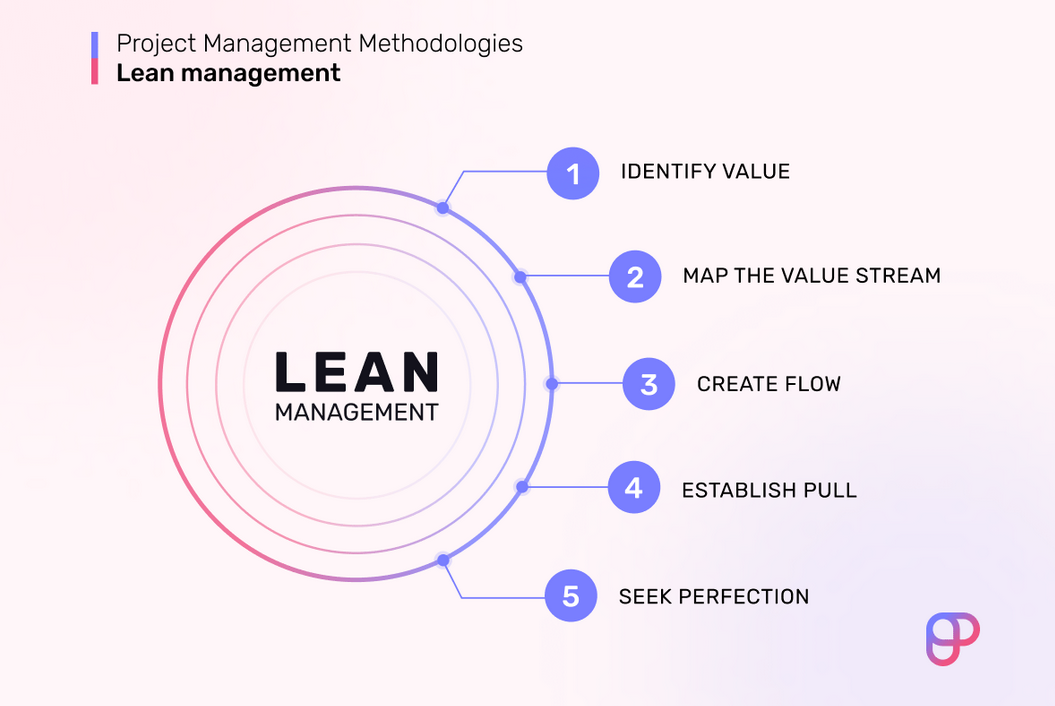
It suits:
Manufacturing: It's ideal for this sector due to its focus on eliminating waste and improving efficiency.
Healthcare: Lean can help reduce waste related to unnecessary procedures or inefficient processes.
Software Development: Lean principles can be applied to streamline software development processes, reducing waste related to redundant coding or unnecessary features.
Retail: Lean can help optimize inventory management, reduce overproduction and improve customer service.
Supply Chain & Logistics: These sectors can benefit from Lean by optimizing processes to reduce delays, eliminate waste and improve overall efficiency.
4. Scrum
Scrum is an iterative and incremental project management methodology that allows for rapid adjustments based on stakeholder feedback. It's a flexible approach that embraces change and promotes team collaboration to deliver high-quality results.
Projects are divided into small manageable units, which typically last between one to four weeks. The team then works on these tasks, with daily stand-up meetings (or 'scrums') to discuss progress and address any issues or obstacles.
At the end of each sprint, there's a review meeting where the team presents what they've completed during the sprint to stakeholders for feedback. This is followed by a retrospective meeting where the team reflects on their performance during the sprint and identifies areas for improvement in future sprints.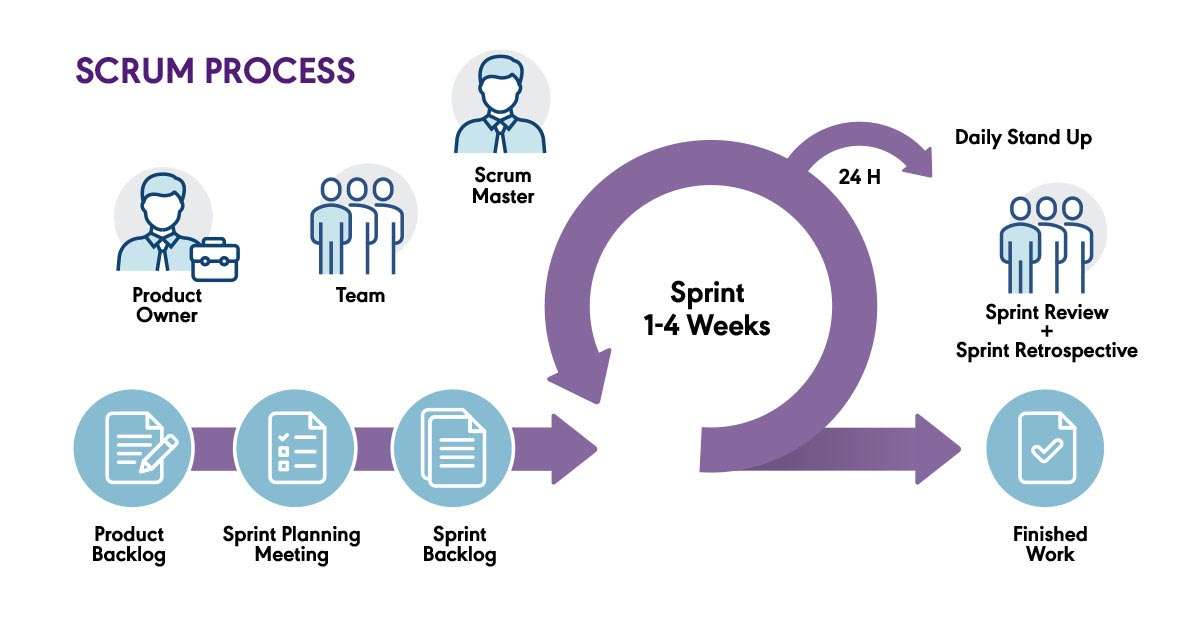
It suits:
Software Development: Scrum is widely used in the software development industry due to its flexibility and adaptability to changing requirements.
Marketing: Scrum can be used to manage campaigns where customer feedback can lead to rapid changes in strategy or tactics.
Product Development: For businesses developing new products, Scrum allows for iterative testing and refinement based on user feedback.
Research & Development (R&D): In R&D projects where outcomes can be uncertain, Scrum allows teams to test hypotheses and quickly adjust based on findings.
Education: Educational institutions or e-learning platforms can use Scrum for curriculum development, allowing for continuous improvement based on student feedback and learning outcomes.
5. Kanban
Kanban is a project management methodology that uses visual cues, typically in the form of a board and cards, to manage work at different stages of the process. The word 'Kanban' itself means 'billboard' or 'signboard' in Japanese, reflecting its visual nature.
The Kanban board is divided into different columns, each representing a stage in the workflow. Cards are moved from one column to another as work progresses through these stages. This visual representation allows team members to see the status of every piece at any given time, promoting transparency and providing a clear overview of workload and progress.
One key principle of Kanban is limiting work in progress (WIP). By setting maximum limits for each stage of the workflow, teams can avoid overloading and ensure that focus is maintained on completing tasks rather than starting new ones. This helps to keep production flowing at an optimal rate and reduces the risk of bottlenecks.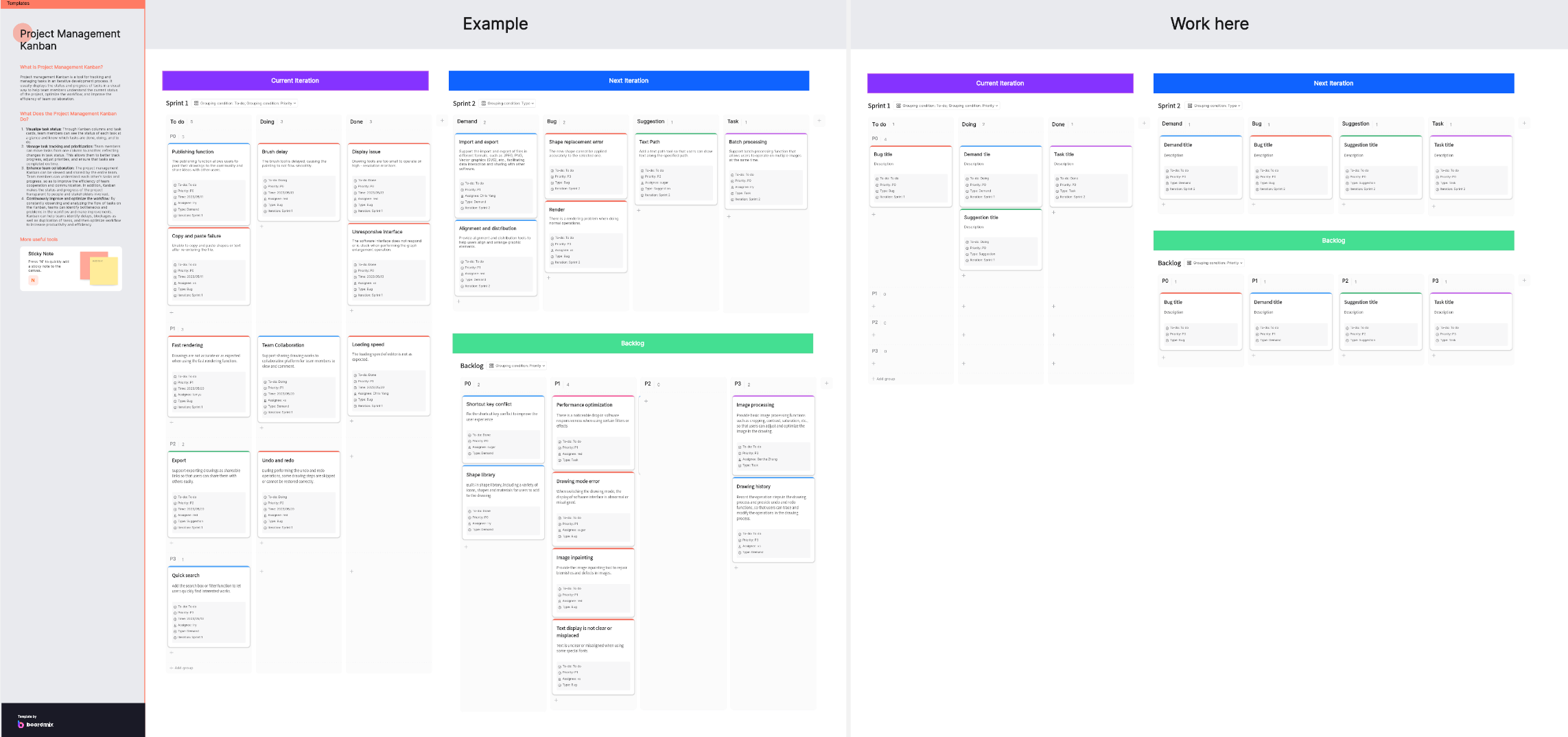
It suits:
Software Development: Kanban is widely used in the software development industry due to its ability to visualize work, limit work-in-progress, and improve flow efficiency.
Manufacturing: The Kanban system originated in the manufacturing industry (Toyota) as a scheduling system for lean and just-in-time production.
IT Operations & Support: IT teams often use Kanban to manage work across various stages of their operations, from initial request through to resolution.
Content Creation & Publishing: In these fields, Kanban can help manage the workflow of content creation, editing, approval, and publishing processes.
Human Resources: HR teams can use Kanban boards to track recruitment processes or other HR projects.
Manage Your Project with Boardmix
Boardmix is an innovative online whiteboard tool designed to support any type of project management methodology in different industries. With its intuitive interface and extensive library of drawing templates, you can visualize your project roadmap clearly, track progress effectively and collaborate seamlessly with your team in real-time.
Whether you're using Agile for software development or Lean for manufacturing processes, Boardmix can adapt to your needs providing a centralized platform for brainstorming ideas, outlining strategies and tracking tasks.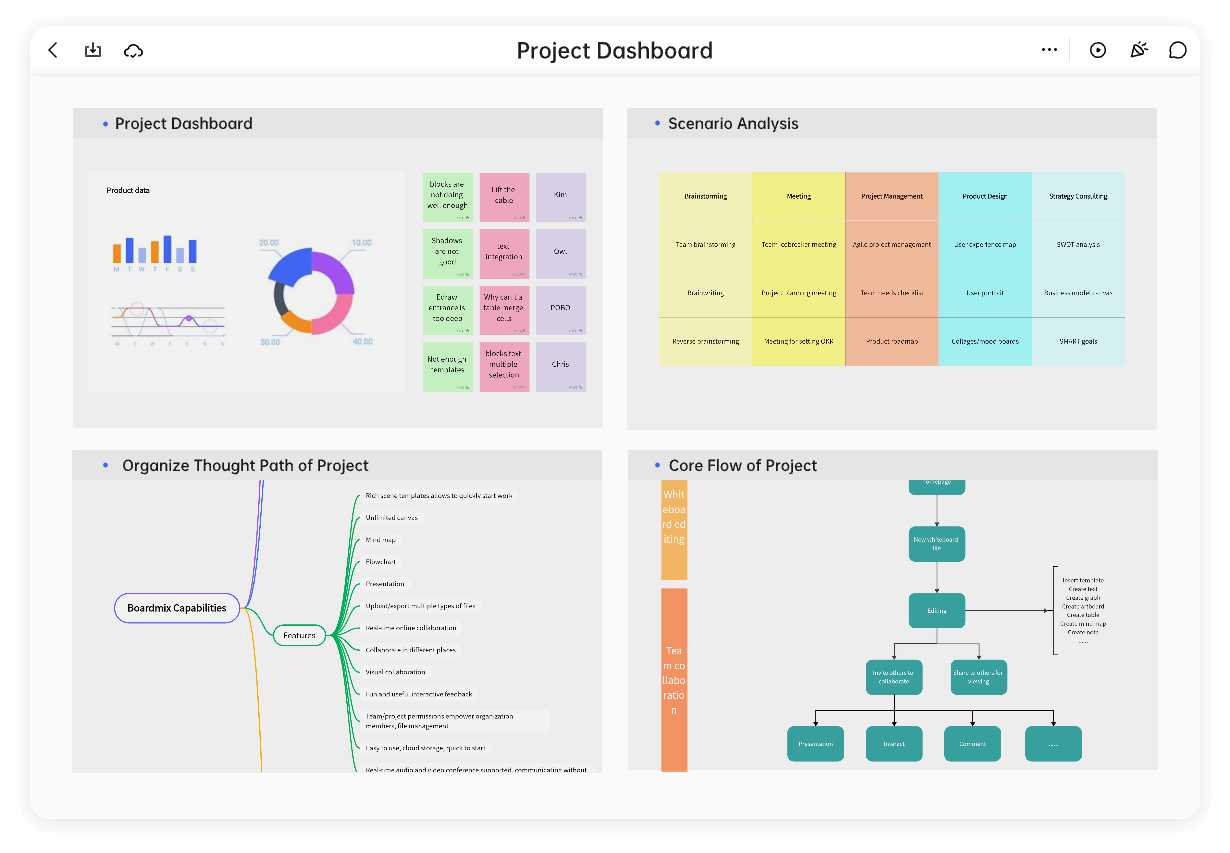
Conclusion
In conclusion, mastering various types of project management is a crucial element in achieving business success across diverse industries. With tools like Boardmix at your disposal - which offers flexibility and adaptability to different project management methodologies - the task of managing projects becomes less daunting and more efficient. Experience the power of streamlined project management today by trying out Boardmix – the ultimate online whiteboard tool designed for modern businesses!











